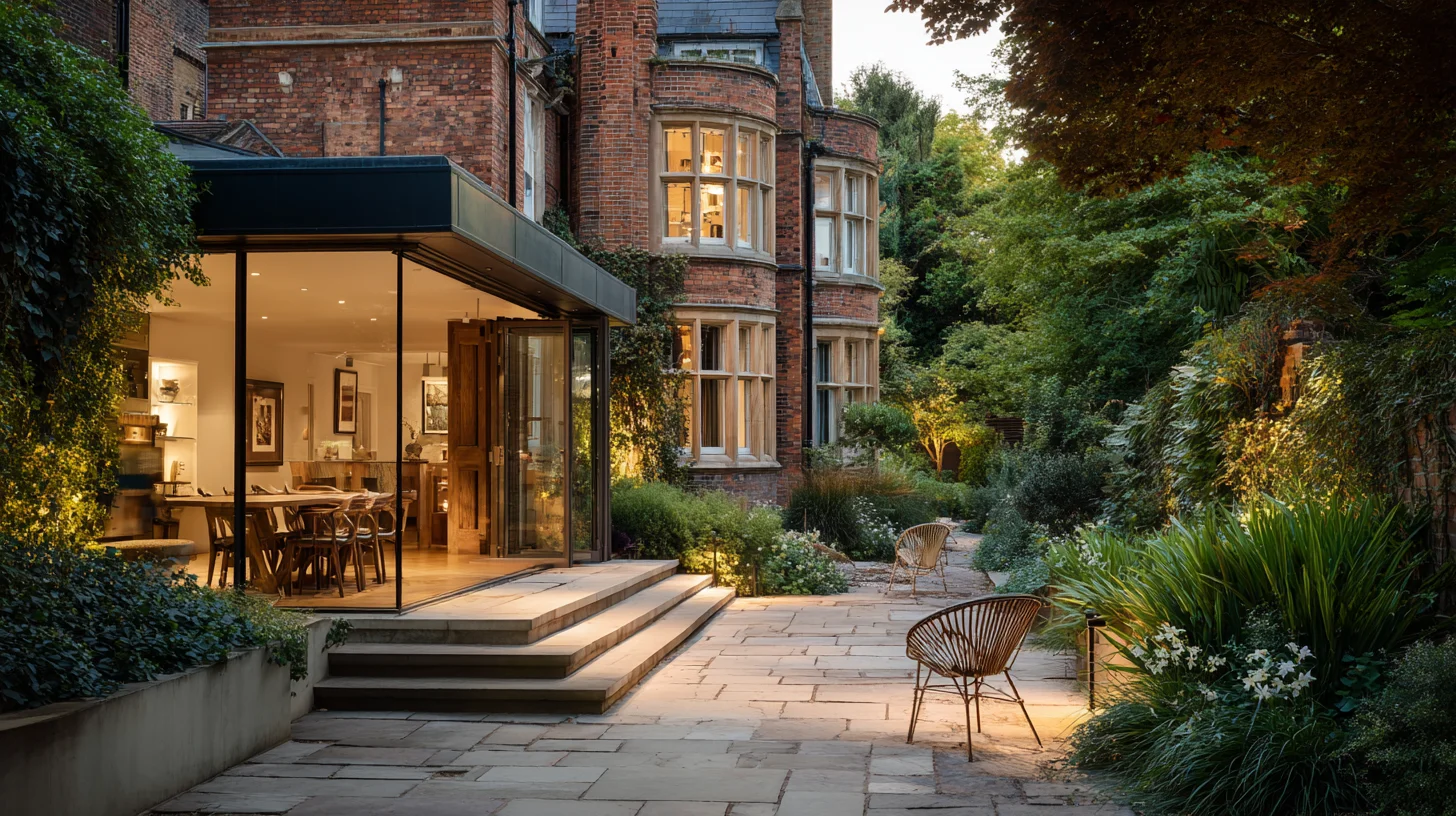Architect near me
Tufnell Park Architects
Boutique, design-led Tufnell Park architects for elegant homes, heritage refurbishments, and thoughtful developments in N7 and N19 — crafted by DOR Architects. We combine timeless design, expert planning insight, and build-ready detailing to create architecture that is refined, functional, and perfectly tuned to its setting.
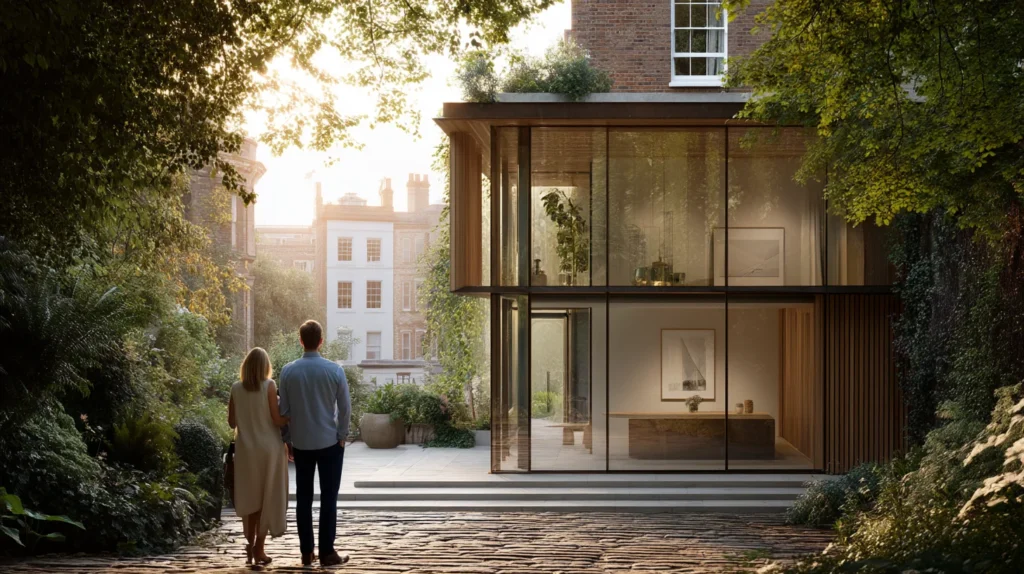
want us to send you information on how to get start?
[contact-form-7 id=”81dc0b” title=”welcome pack” html_class=”newsletter-wrap”]


Join 100s+ of clients and followers who are pursuing their architectural and development visions
concept archway project flythrough mockup
Architecture in Tufnell Park
Tufnell Park is a neighbourhood defined by Victorian terraces, leafy streets, and quiet confidence. Nestled between Kentish Town, Dartmouth Park, and Holloway, it offers a rare mix of period character and urban convenience, making it one of North London’s most sought-after postcodes.
At DOR Architects, we understand that architecture here is about balance — modernising homes for contemporary living while preserving the fabric and character that make the area so desirable. Whether you’re reconfiguring a family terrace, extending into the garden, or considering a basement, we deliver architecture that feels effortless, refined, and entirely appropriate.
“The brief was simple: open up the ground floor, bring in light, and make the house work for family life — without losing its period charm. That’s Tufnell Park in a nutshell: understated, elegant, and practical.”
Where we work in N7 and N19
We deliver projects throughout Tufnell Park and the surrounding areas, including:
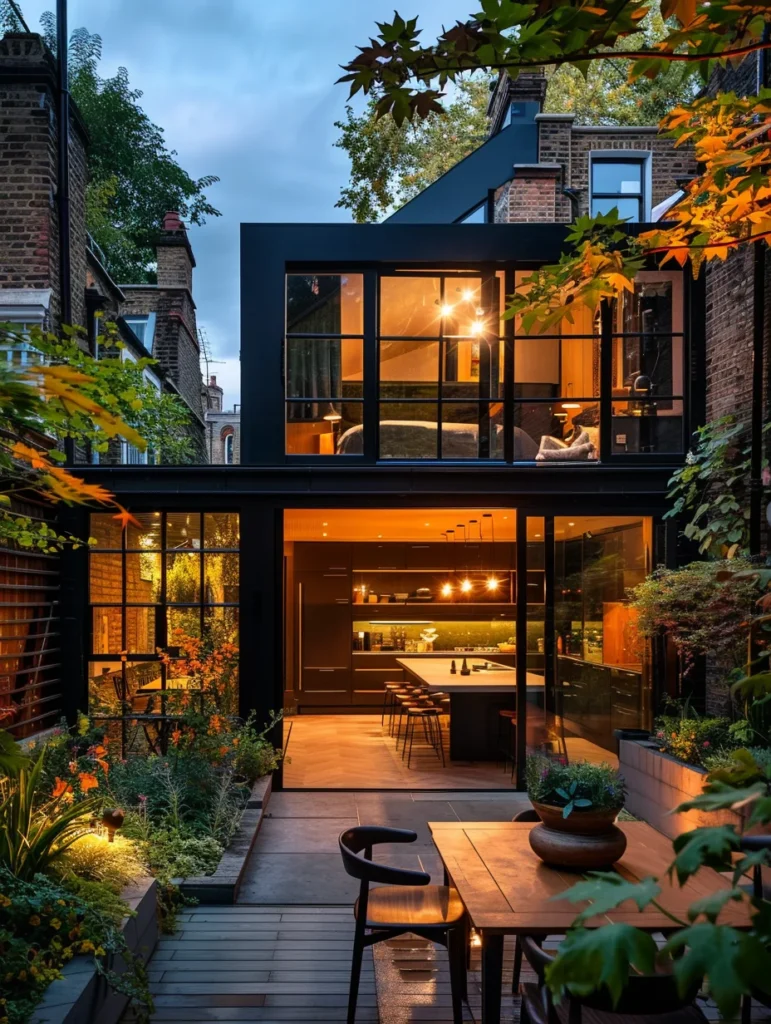
Heritage-sensitive extensions and whole-home refurbishments
Dalmeny Road and Huddleston Road
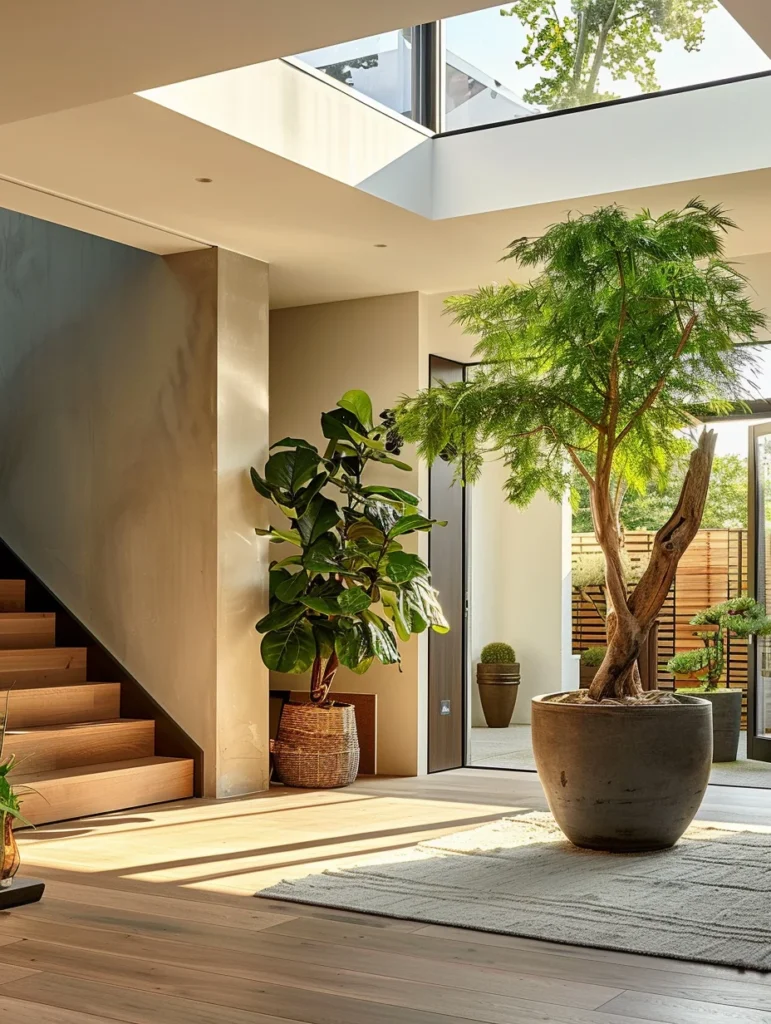
Internal reconfigurations and garden-facing additions
Carleton Road and Mercers Road
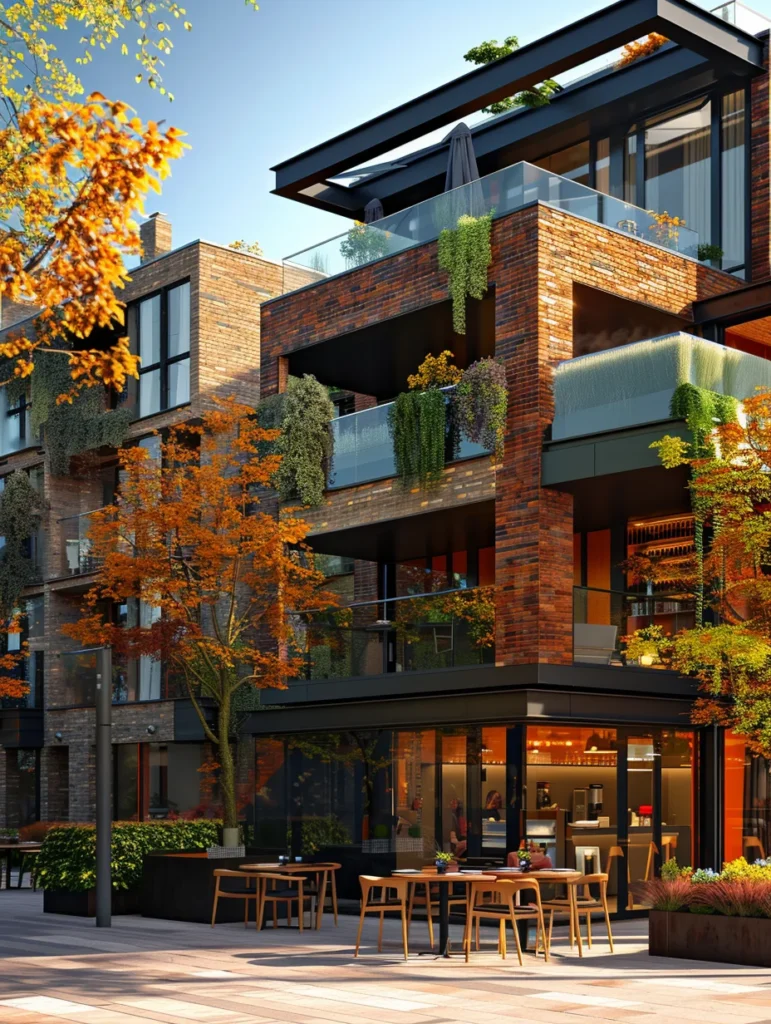
Bespoke layouts and loft conversions
Tufnell Park Road and Lady Margaret Road
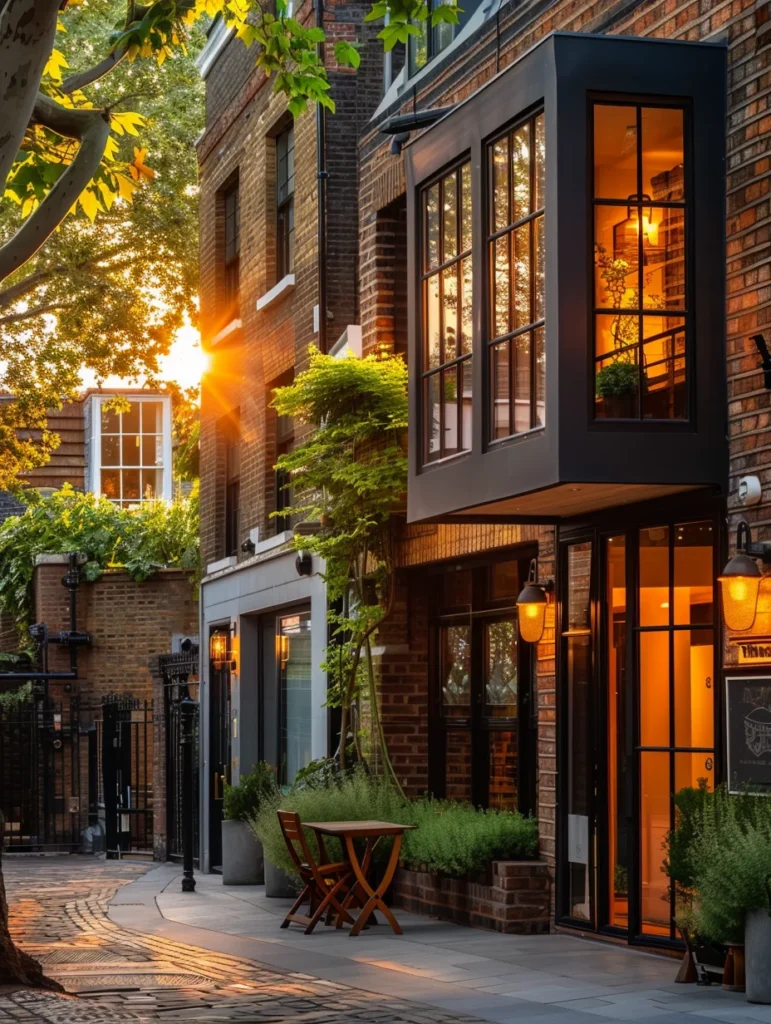
Creative, high-quality new-builds in constrained locations
Backland and infill plots
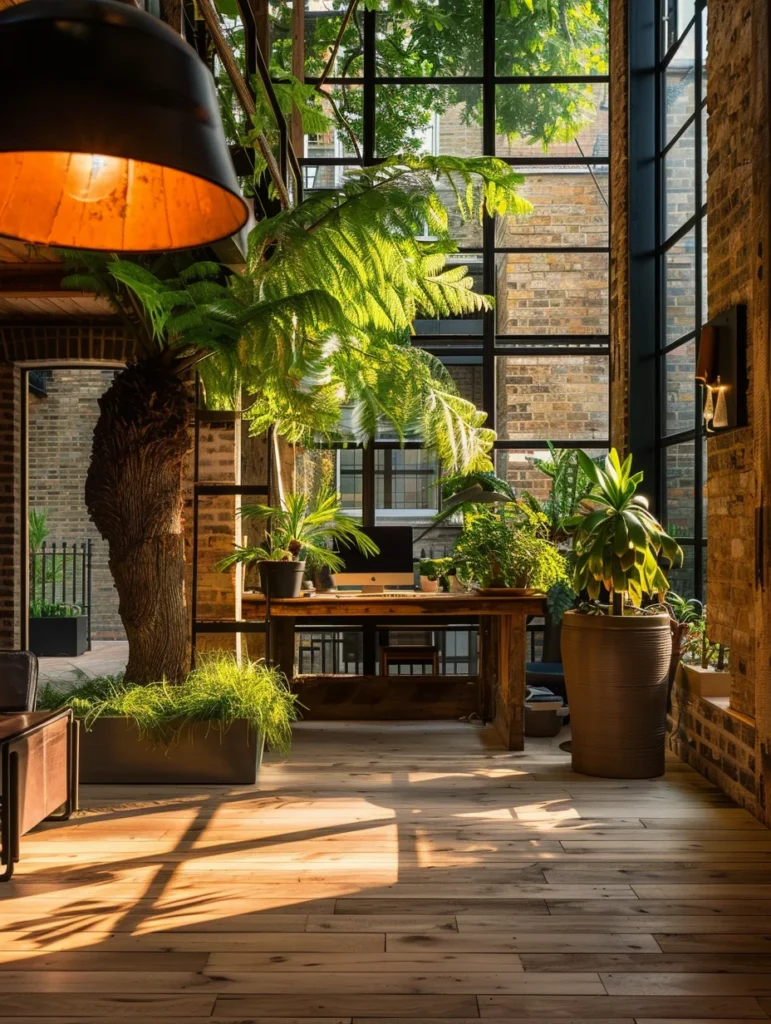
Mixed-use and multi-unit developments
Boundary zones with Kentish Town and Archway
Planning and heritage in Tufnell Park
Planning in Tufnell Park is managed by Islington Council and Camden Council depending on the street, with Conservation Areas, Article 4 Directions, and heritage protections common across the area. This means that projects often require expert handling and well-prepared submissions.
Our BIM-driven, evidence-backed submissions make planning applications clear, persuasive, and policy-aligned, increasing approval rates and reducing project risk.
Useful Links:
Conservation Areas
Sensitive handling of façades, rooflines, and external materials
Listed buildings
Require robust heritage statements and design justifications
Basements
Need structural and hydrological assessments, plus neighbour engagement
Infill and backland schemes
Require careful massing, daylight analysis, and access strategies
Sustainability policies
Energy efficiency and low-carbon integrations are expected in all new developments
Lifestyle, sustainability, and value uplift
Brighter spaces, smarter layouts, and improved flow between indoor and outdoor living
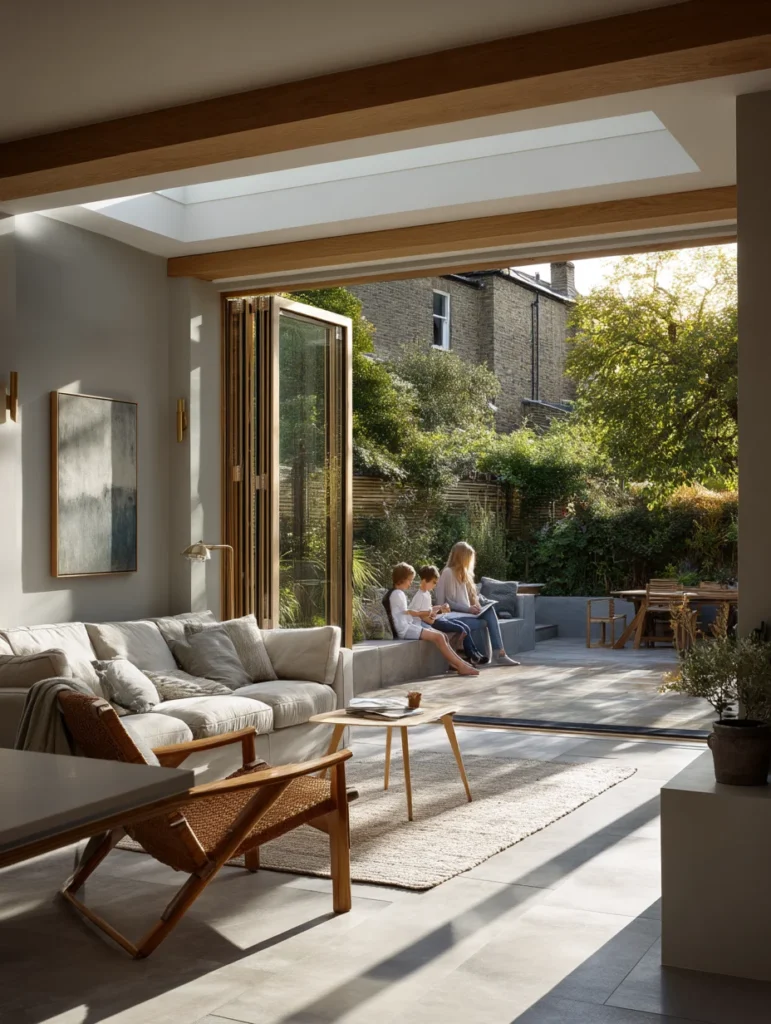
Smarter layouts, improved natural light, and better connections to gardens
Lifestyle
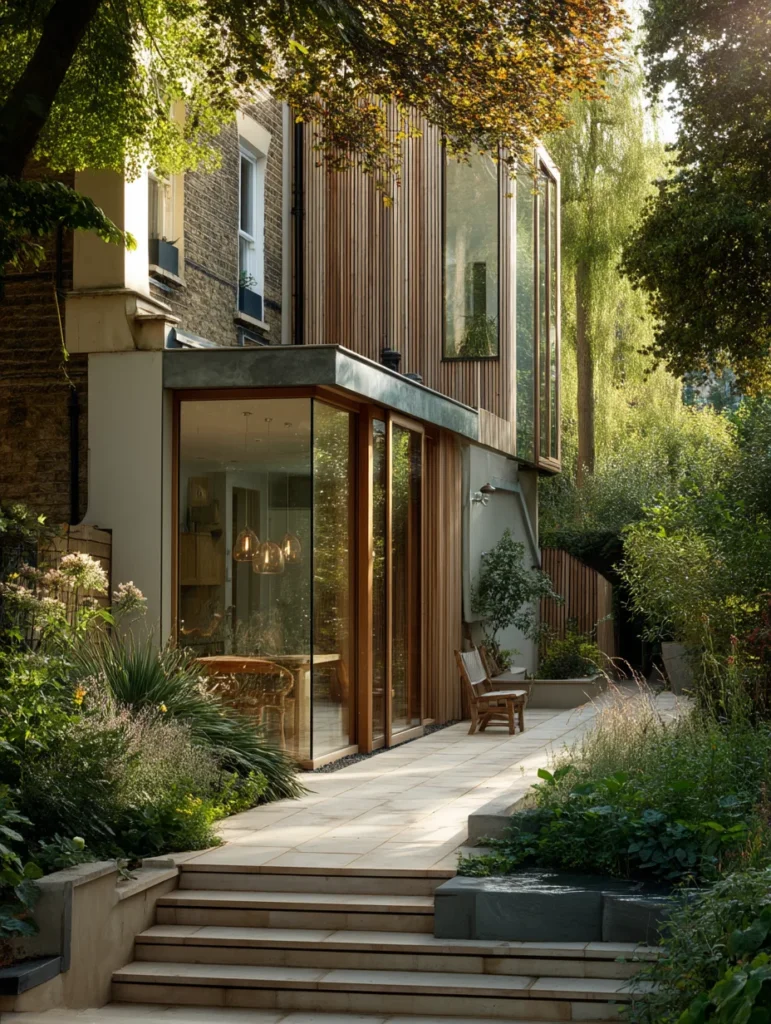
Better insulation, discreet renewable energy solutions, and future-ready systems
Sustainability
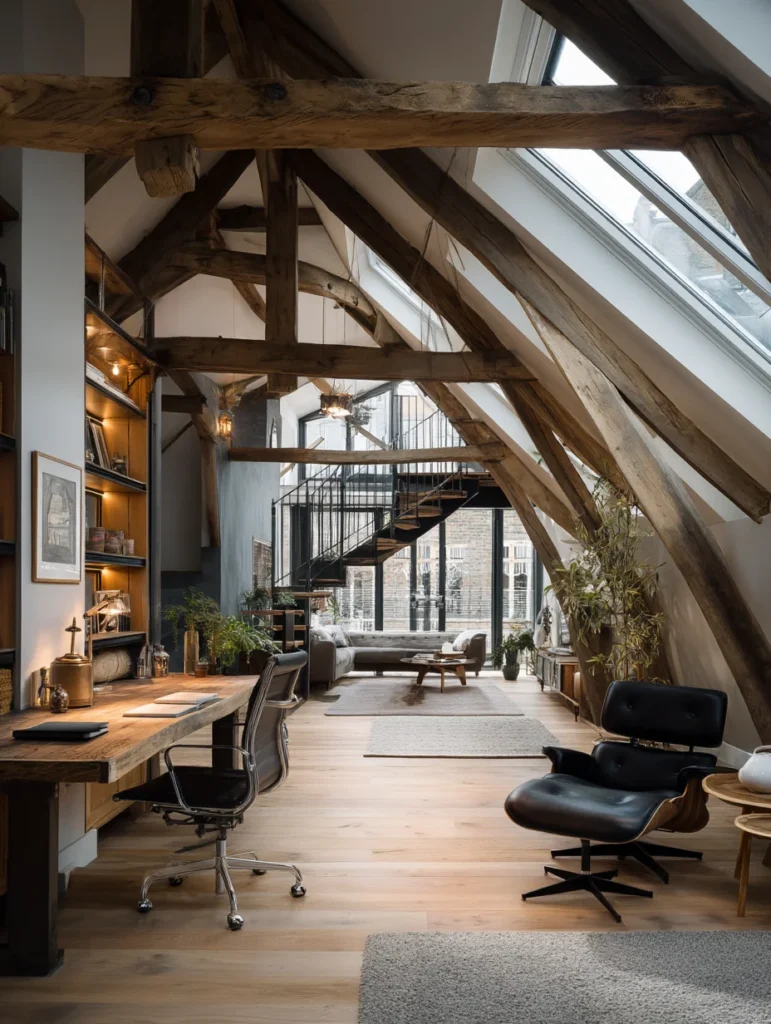
High-quality design can significantly increase long-term property value, particularly in heritage-sensitive neighbourhoods
Value Uplift
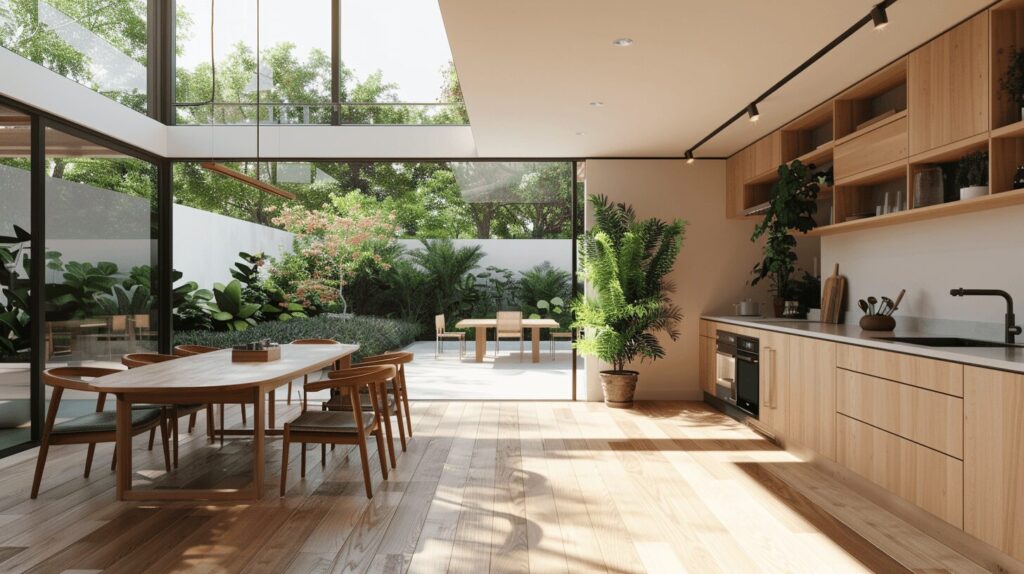
Case study:
a family terrace transformed
One recent project involved the refurbishment and extension of a Victorian terrace.
- The brief: Open up the ground floor for family living, create a light-filled kitchen, and improve the energy performance of the house.
- Our approach: Retained key period details, introduced a discreet rear extension, and added high-performance insulation and services.
- The result: A home that balances heritage charm with modern functionality — and a significant uplift in both comfort and market value.
Our services process
01
Feasibility & early advice
Planning risk assessments, site potential analysis, and a clear brief that balances ambition and budget.
02
3D Architural design
Policy-aligned submissions supported by heritage statements, daylight/sunlight reports, and compelling visuals.
03
Planning applications
Coordinated, build-ready documentation for cost control and smooth project delivery.
04
Technical design
Ongoing involvement during construction to safeguard design quality and address site challenges in real time.
Why choose DOR architects
Read about how we work and then let’s book a call to chat about your project.
3D/BIM workflows
Full 3D/BIM workflows for precision and better client communication
Comprehensive support
End-to-end support from concept to completion with proven track record with homeowners, developers, and mixed-use schemes
expertise and experience
Deep Islington planning expertise, including Conservation Areas and listed buildings
context-sensitive design
Elegant, context-aware design for homes and developments
FAQs
Do I need planning permission in Tufnell Park?
Almost always. Conservation Areas and heritage protections mean even small external changes often require consent.
Can I convert my loft under permitted development?
Sometimes, yes — but in Conservation Areas or Article 4 zones, planning permission is typically required.
Is basement development allowed?
Yes, but both Camden and Islington apply strict structural, hydrological, and neighbour-impact controls.
Do you work with developers as well as homeowners?
Absolutely. From boutique multi-unit schemes to commercial conversions, we combine commercial insight with refined design.
How long does planning take?
Typically 8–12 weeks, though more complex heritage or multi-unit schemes may require additional consultation time.
Can you integrate sustainability upgrades?
Yes. From insulation and airtightness to discreet renewable systems, we design for energy efficiency without compromising aesthetics.
Are you only Tufnell Park Architects?
No. We operate in many North London areas and surrounding areas, see them here. We also sometimes go further if you have a project that is intriguing – let us know.
Disclaimer: This page provides general guidance only and does not constitute professional advice. Always seek project-specific advice. Last updated: September 2025
want us to send you information on how to get start?
[contact-form-7 id=”81dc0b” title=”welcome pack” html_class=”newsletter-wrap”]


Join 100s+ of clients and followers who are pursuing their architectural and development visions
Get In Touch
make your vision a reality
Talk to architects who understand Tufnell Park — and how to deliver ambitious, heritage-sensitive architecture that is both beautiful and practical.

Dor has been incredible to work with on our renovation. He is extremely thorough, very reachable, attentive to detail, and really listens. He and his team put extra care into their work and come to the table organised with well-thought-out questions. We feel we’re in safe hands moving into construction because everything has been planned to such detail ahead of time, with clear direction, problem-solving, and great communication between all teams involved. For any future project, we’re definitely coming back to Dor! 😍
